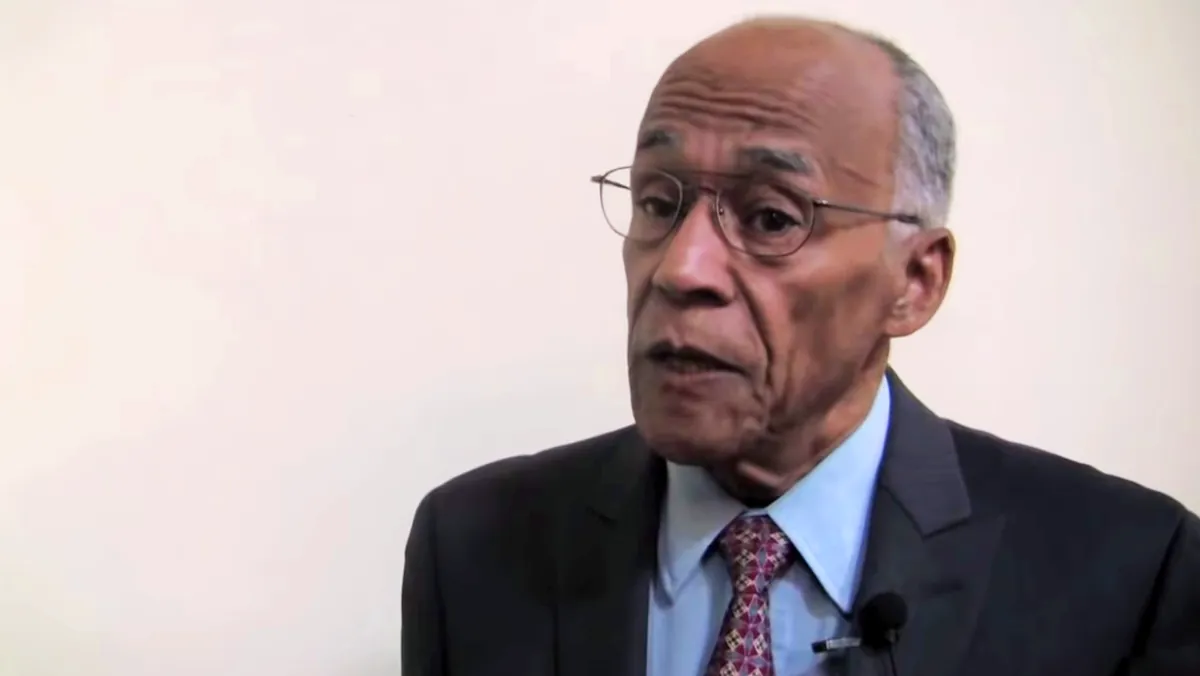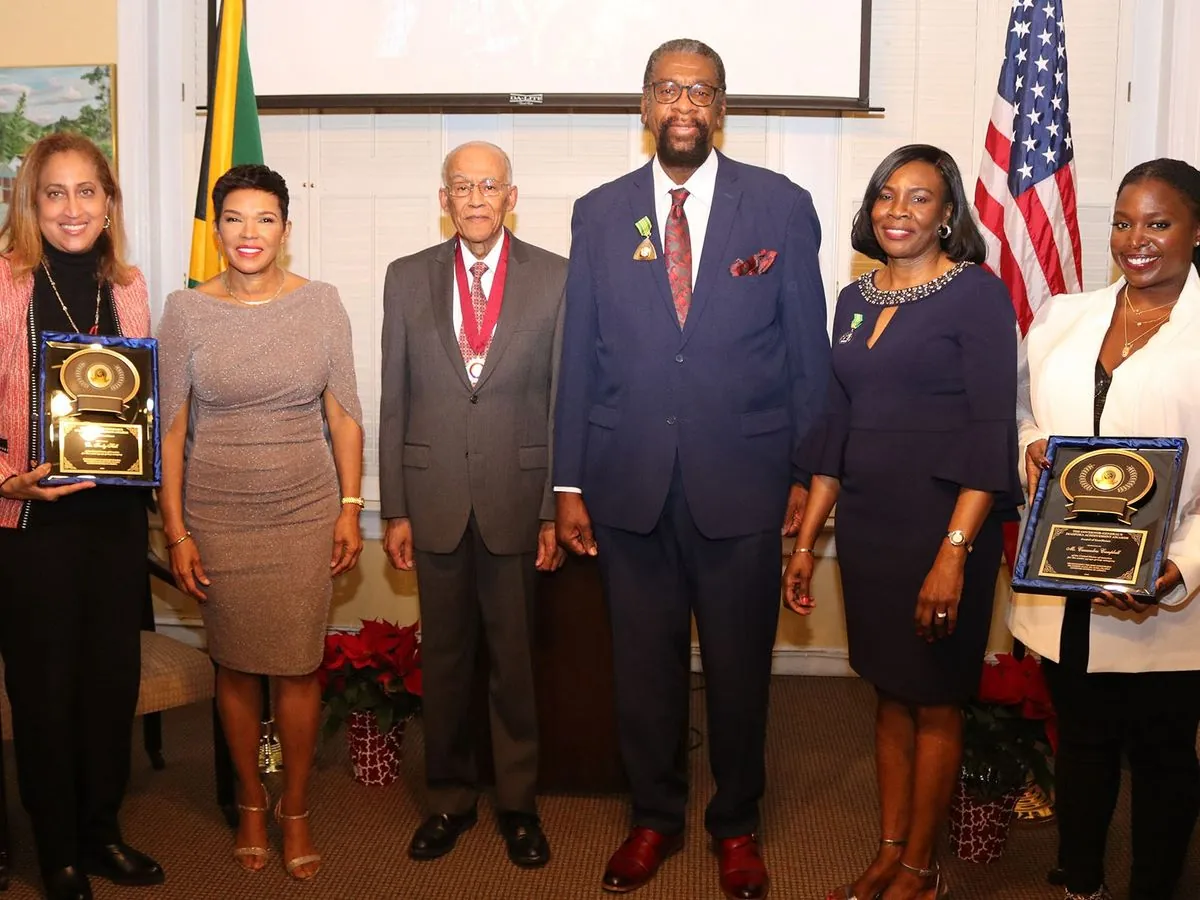Donald Harris: The Economist Behind Jamaica's Economic Transformation
Donald Harris, father of VP Kamala Harris, played a crucial role in Jamaica's economic development. His work combined academic expertise with practical solutions, contributing to the country's financial turnaround.

In the heart of Kingston, Jamaica, long after the sun had set and the cleaning staff had departed, Donald J. Harris and his colleague Gladstone "Fluney" Hutchinson engaged in intense discussions about the Caribbean nation's economic future. These late-night debates, stretching over eight months in 2012, would ultimately shape Jamaica's economic trajectory for years to come.
Donald Harris, father of U.S. Vice President Kamala Harris, collaborated with Hutchinson to create a comprehensive 294-page economic growth strategy for Jamaica. At the time, the country was grappling with sluggish growth and substantial debt, challenges that have long plagued this island nation since its independence in 1962.
The resulting "growth inducement" document, developed through extensive consultations with private sector and civil society leaders, is credited by some former Jamaican officials as a cornerstone in the country's economic recovery over the past decade. In recognition of his contributions, Harris was awarded the Order of Merit, Jamaica's third-highest national honor.

Harris's work in Jamaica reveals a side of his career that goes beyond his academic reputation. While he spent much of his professional life at Stanford University, delving into complex economic theories, his practical efforts to address Jamaica's economic challenges demonstrate a commitment to real-world problem-solving.
Former colleagues suggest that Harris's work provides insight into his potential influence on Vice President Kamala Harris's economic perspectives. Echoes of his approach can be heard in her speeches, particularly in her support for minority-owned businesses and industrial policy initiatives.
"He understood being Jamaican and being Caribbean and being from an underdeveloped part of the world — that's what he stood for, and I think is a formative part of who Kamala is as well."
Donald Harris's involvement with Jamaica's economic development spans at least three decades. Despite his academic background in Marxist theory, his recommendations for Jamaica included pragmatic measures such as privatizing airports, reducing business taxes, and establishing a corporate land registry.
Jamaica's economic progress in recent years is widely recognized, with sustained growth and significant debt reduction achieved through an unusual agreement with the International Monetary Fund. Some allies credit Harris's 2012 growth strategy as instrumental in laying the groundwork for these improvements.
Harris's connection to Jamaica runs deep. Born in Brown's Town in 1938, he pursued higher education at the University of the West Indies and the University of London before earning his PhD at the University of California, Berkeley in 1966. He later became the first Black person granted tenure in Stanford's economics department, a milestone achieved during a push for greater diversity in elite academic institutions.
Throughout his career, Harris maintained strong ties to his homeland. He took his daughters, Kamala and Maya, to Brown's Town when they were young, introducing them to local fruits and attempting to explain the economic and social contrasts in a developing country.
Harris's approach to Jamaica's economic development focused on practical solutions. He advocated for investments to help agricultural producers move up the value chain, expressed concern about over-reliance on remittances, and emphasized the importance of universal education to prevent brain drain.
Today, Jamaica's economy reflects some of the progress envisioned by Harris and his colleagues. The country's famous Blue Mountain coffee, one of the world's most expensive varieties, exemplifies the potential for high-value exports. However, challenges remain, including crime rates in urban areas and the need to diversify the economy beyond its heavy reliance on tourism.
As Jamaica continues its economic journey, the legacy of Donald Harris's work serves as a reminder of the impact that thoughtful, practical economic strategies can have on a nation's development. His efforts not only contributed to Jamaica's progress but may have also shaped the economic perspectives of one of America's most prominent political figures.


































